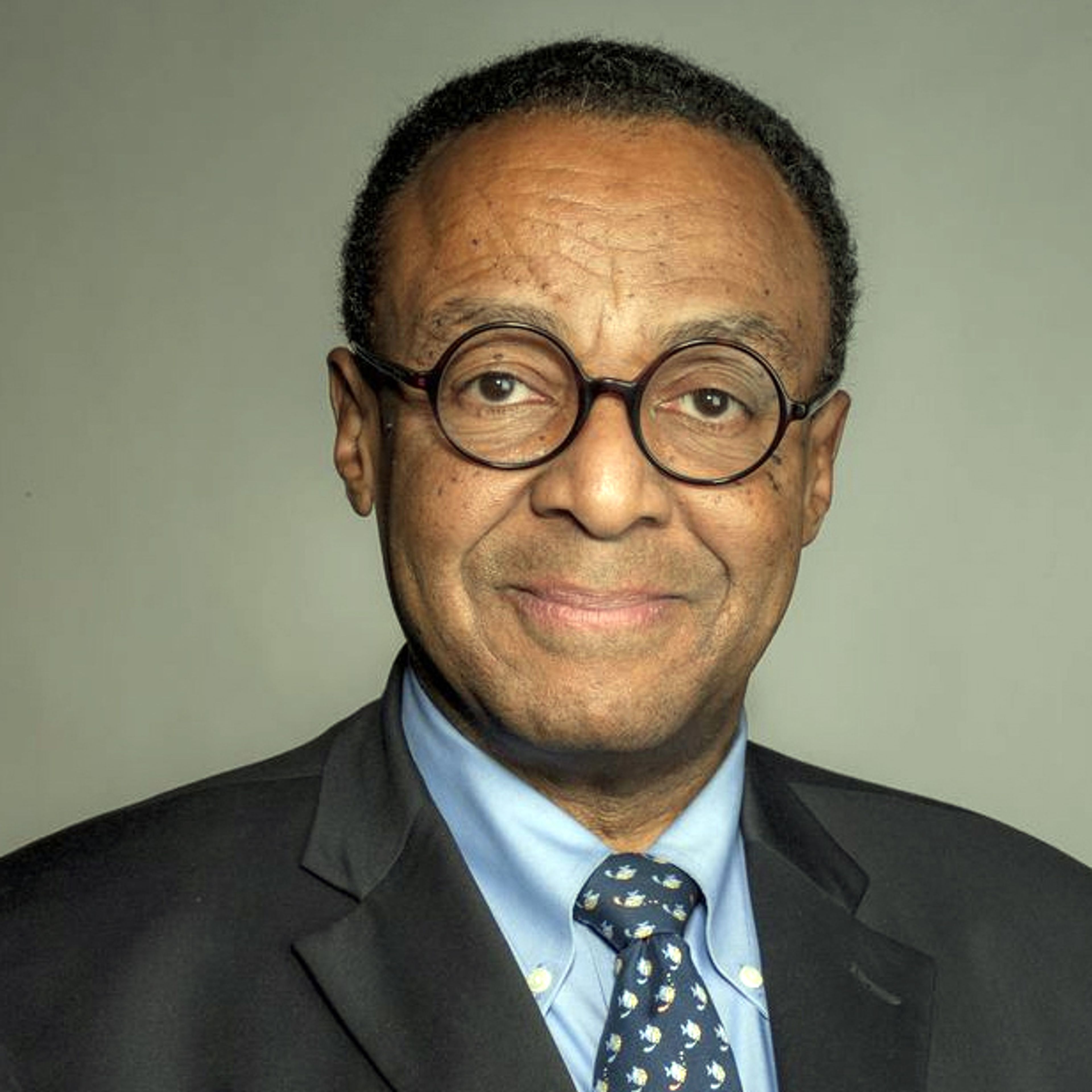OPINION: High school diploma no longer does the whole job
Guest Editorial: Another Newspaper’s Opinion
This editorial was published in The Seattle Times.
———
For all the innovation and brainpower associated with Washington in the last three decades, this state has a strangely tepid relationship with higher education.
Only half of high school students enroll in college or job-training programs after graduation. At one time, that might have worked. Today, it portends a looming crisis for Washington’s economy.
It’s easy to shrug off the doomsayers, to look at the state’s booming economy (first nationwide in economic growth, ninth in the number of jobs projected over the next decade), and assume this rising tide will lift all boats.
That would be a mistake. Research released this month by business leaders at the Washington Roundtable found that 75% of the 1.5 million new jobs forecast — in such industries as education, health care and skilled trades — will need at least an associate degree or technical certificate. Nearly half will require a bachelor’s degree.
In the blunt words of the Roundtable’s report, “Washington is not on pace to meet the moment.”
In many ways, however, this is a good-news story. This state has the most generous college scholarship funding in the country and, clearly, plenty of jobs in which to put a bachelor’s degree to use.
The problem, for once, is not financial; it’s murkier, tougher to target. Call it cultural, a deeply rooted tradition of looking askance at higher education that the Roundtable has been unable to budge in 15 years of waving red flags about the eventual impact on Washington’s economy.
Fixing this requires neither a Ph.D., nor a crystal ball. It’s mainly about communication, getting word out about the money available through Washington’s College Grant program and the average annual salaries for college graduates ($90,000) versus those with only a high school diploma ($40,000).
But there are a few tweaks that might help goose the numbers, such as dumping degree programs with little application in the job market (i.e. Associate of Arts in General Studies). Even better: guaranteed admission and tuition coverage for all students with a 3.0 GPA who meet certain income criteria.
Imagine being a high school senior and receiving an email saying you are promised entry at any public university in the state, with costs entirely covered. More than 100 school districts have already signed agreements allowing that kind of outreach. The Roundtable wants to get all 295 on board.
The idea, broadly, is to make a transition from high school to college or career training as seamless as the move from middle to high school.
This is doable, and a lot easier than an Advanced Placement math class. It’s time for everyone along the path — from families to school counselors to admissions officers and legislators — to put their shoulders to the wheel.
TNS





